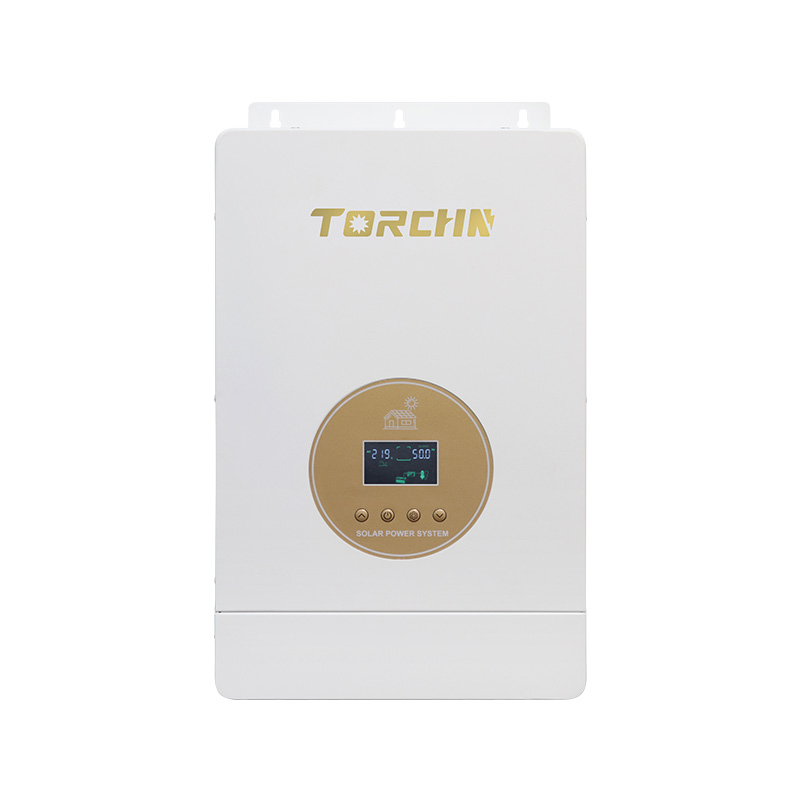Inverters play a vital role in converting direct current (DC) to alternating current (AC) and are therefore indispensable in the utilization of renewable energy sources, especially solar energy. By facilitating this conversion, inverters can integrate solar energy into the grid, enabling more sustainable and environmentally friendly energy solutions. One of the main advantages of an inverter is its energy efficiency, which can significantly reduce the cost of electricity. In addition, the versatility of inverters makes them suitable for applications ranging from residential solar installations to large-scale solar farms, thus promoting the adoption of renewable energy technologies.
While inverters offer many advantages, there are also some disadvantages that must be considered. One of the most significant disadvantages is the high initial cost that can be involved in purchasing and installing an inverter system. This up-front investment can be a barrier for many individuals and businesses to switch to renewable energy. In addition, inverters require regular maintenance to ensure optimal performance, which can lead to additional costs and operational downtime. Finally, energy loss during conversion affects the overall efficiency of the system, thereby reducing the amount of renewable energy available.
In conclusion, while inverters are essential for harnessing renewable energy, especially solar, it is also important to weigh the pros and cons. The energy efficiency and versatility of inverters make them an important part of modern energy systems, but high initial costs, maintenance requirements and potential energy losses cannot be ignored. As the renewable energy industry continues to grow, continued advances in inverter technology may help mitigate these shortcomings, paving the way for a more sustainable energy future.
Post time: Dec-27-2024

